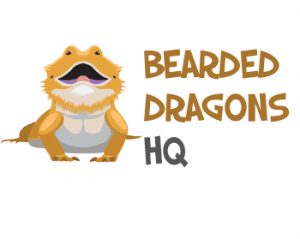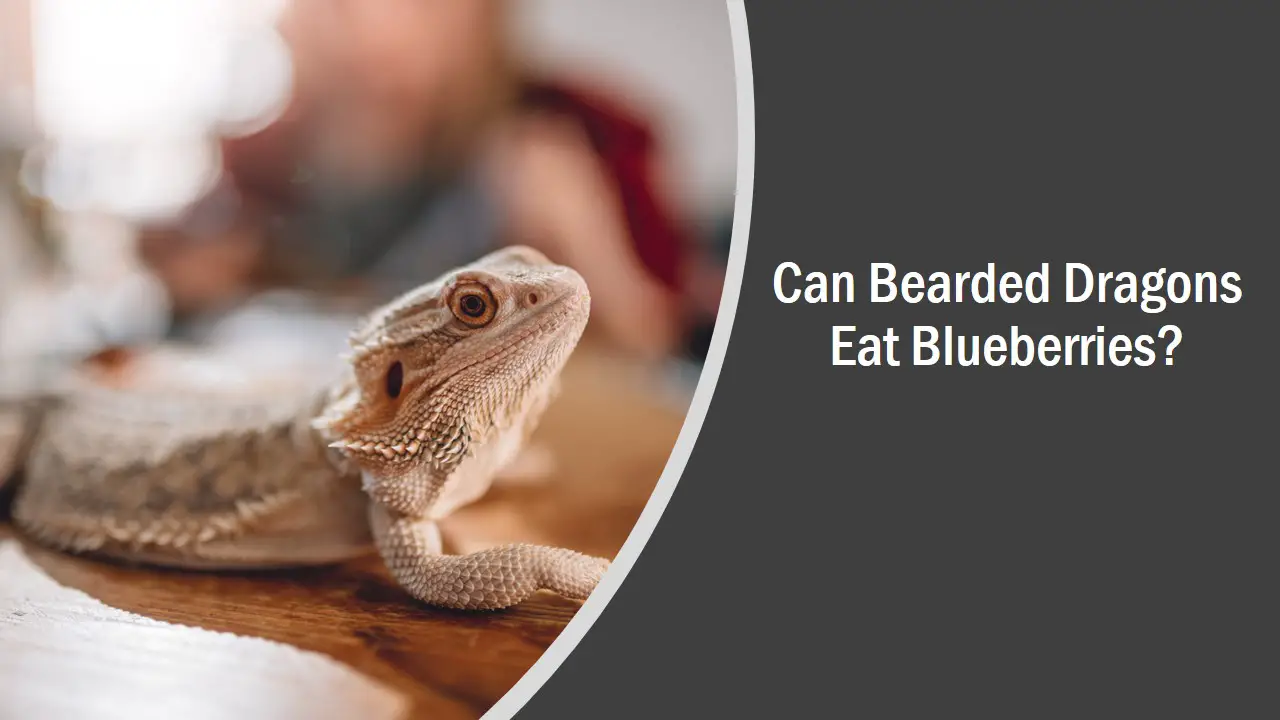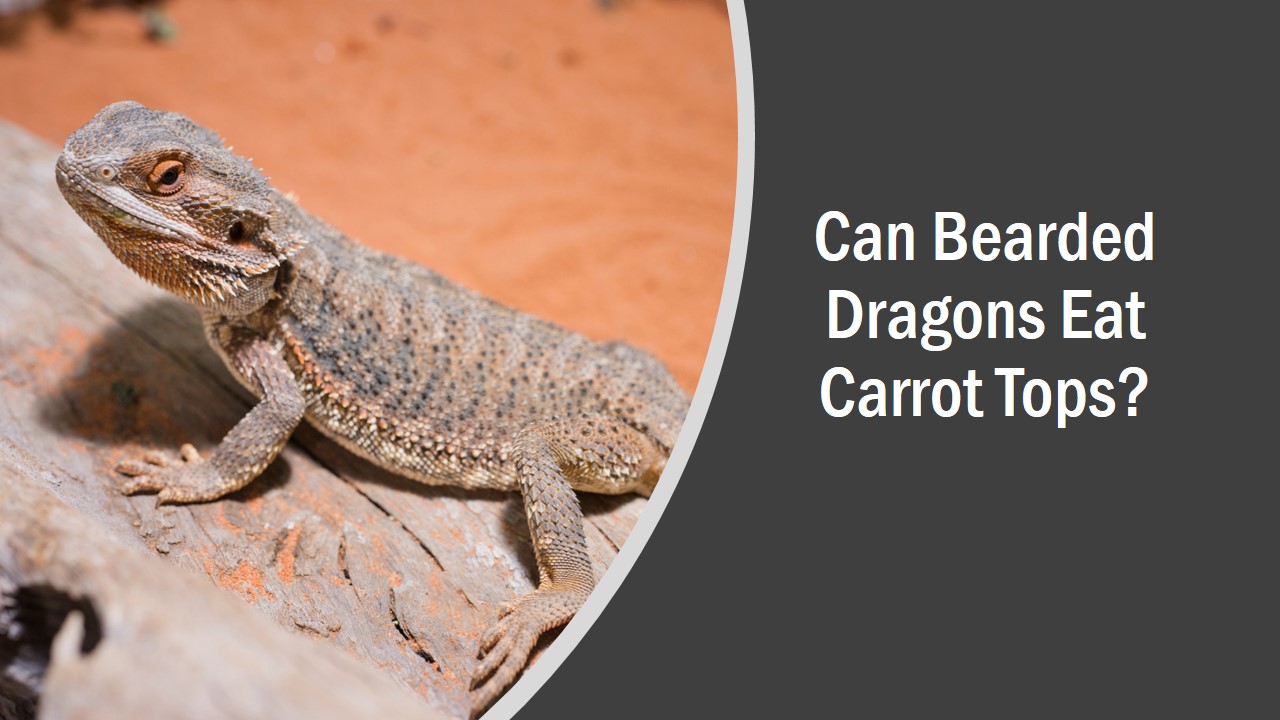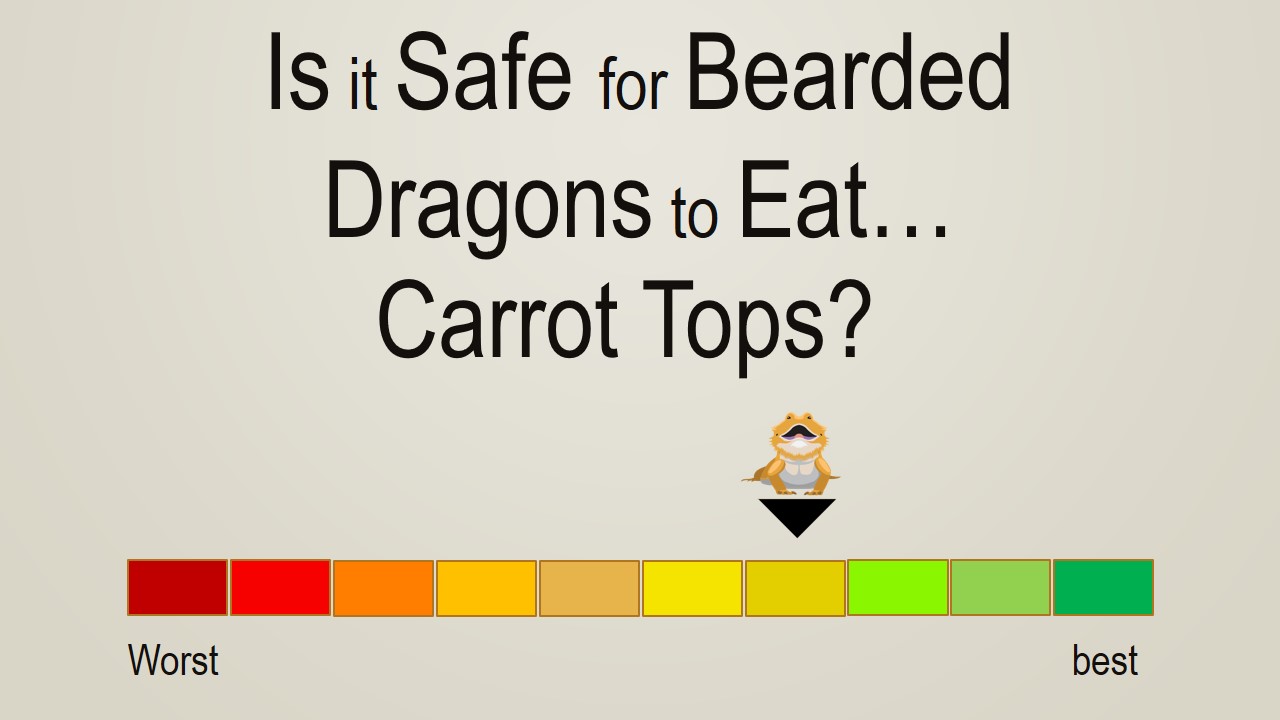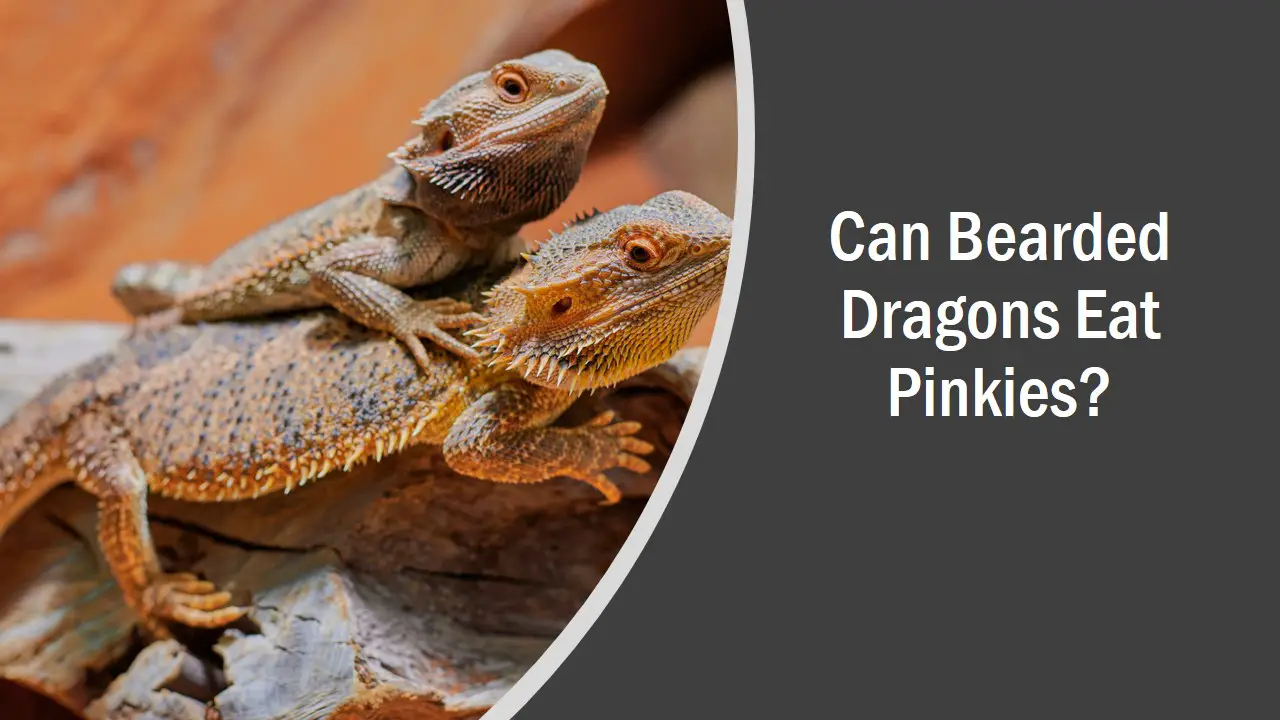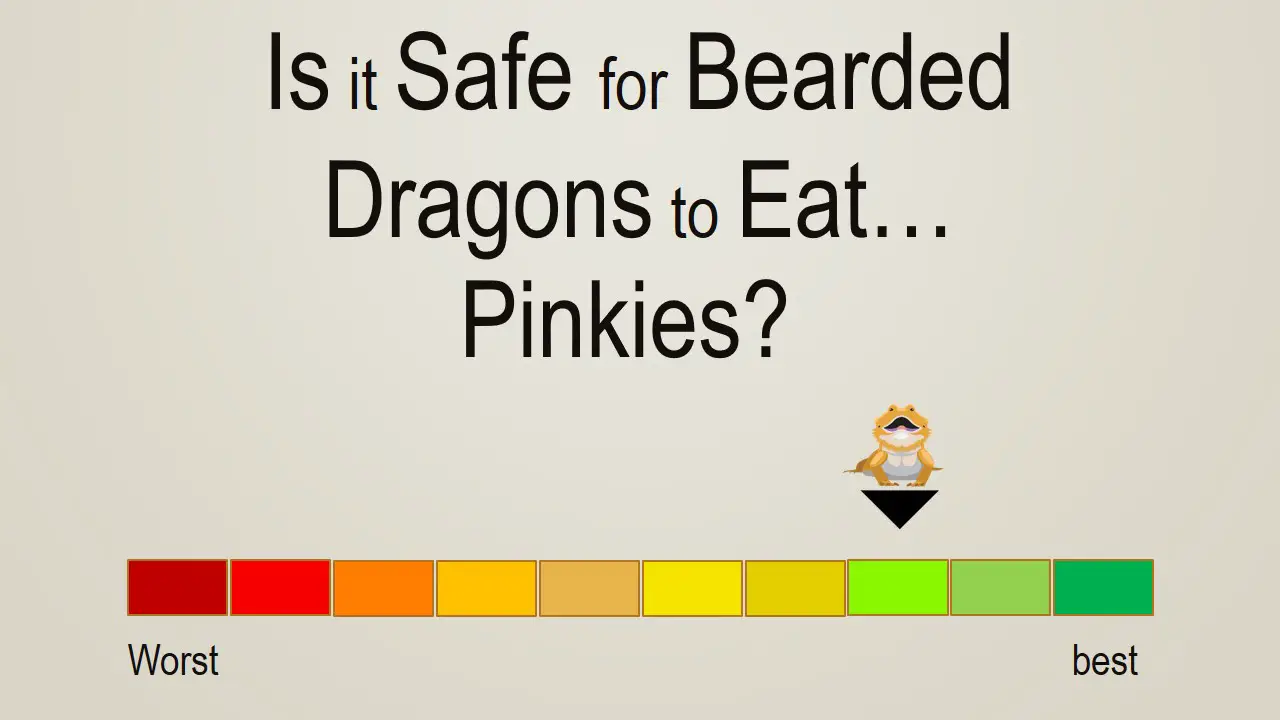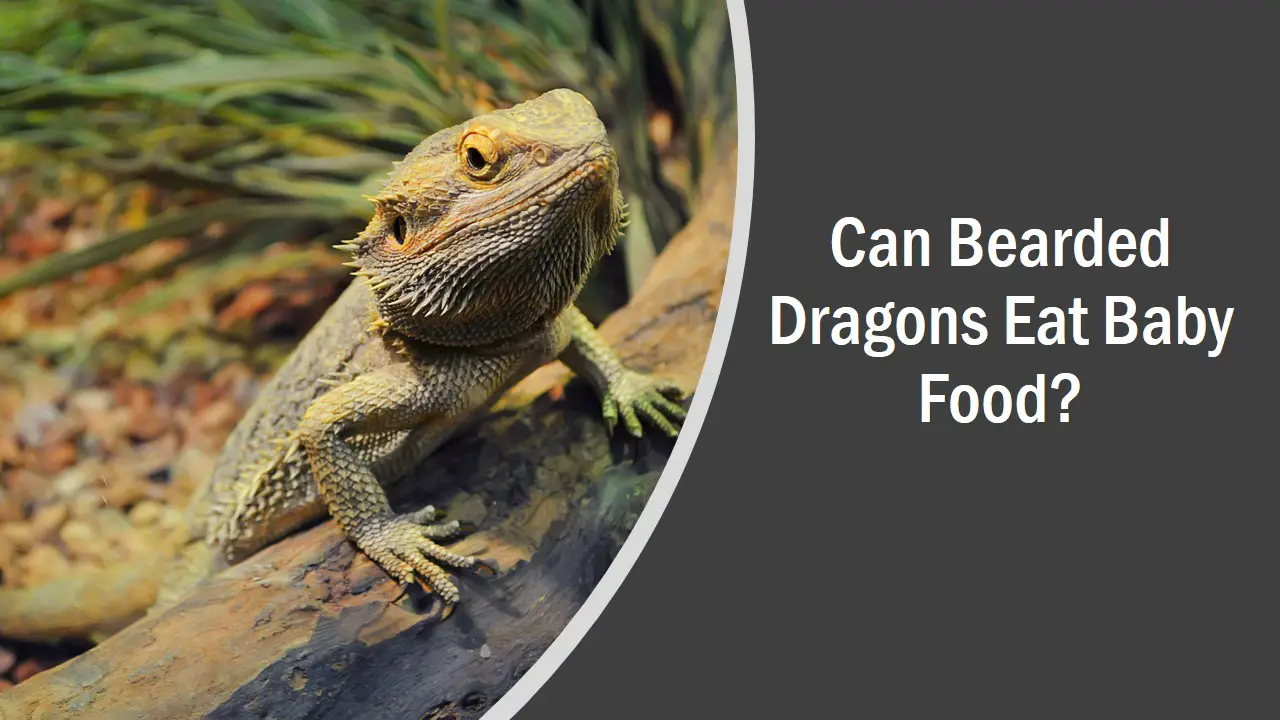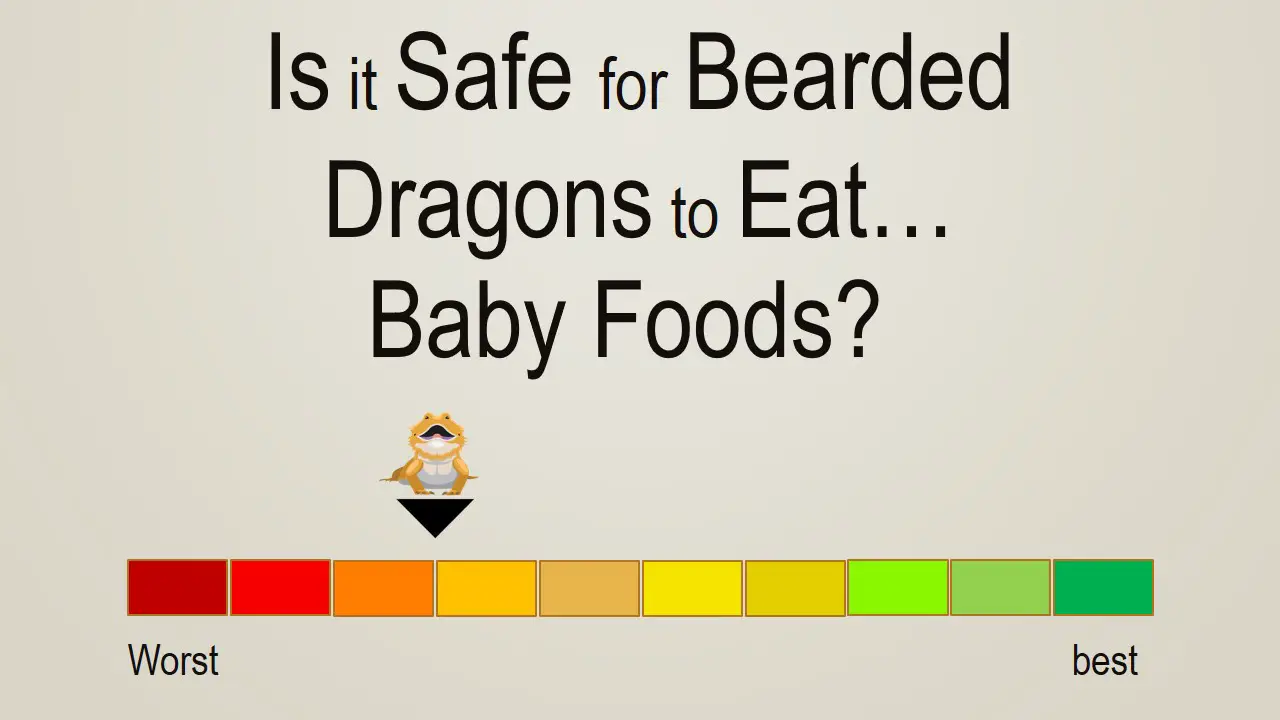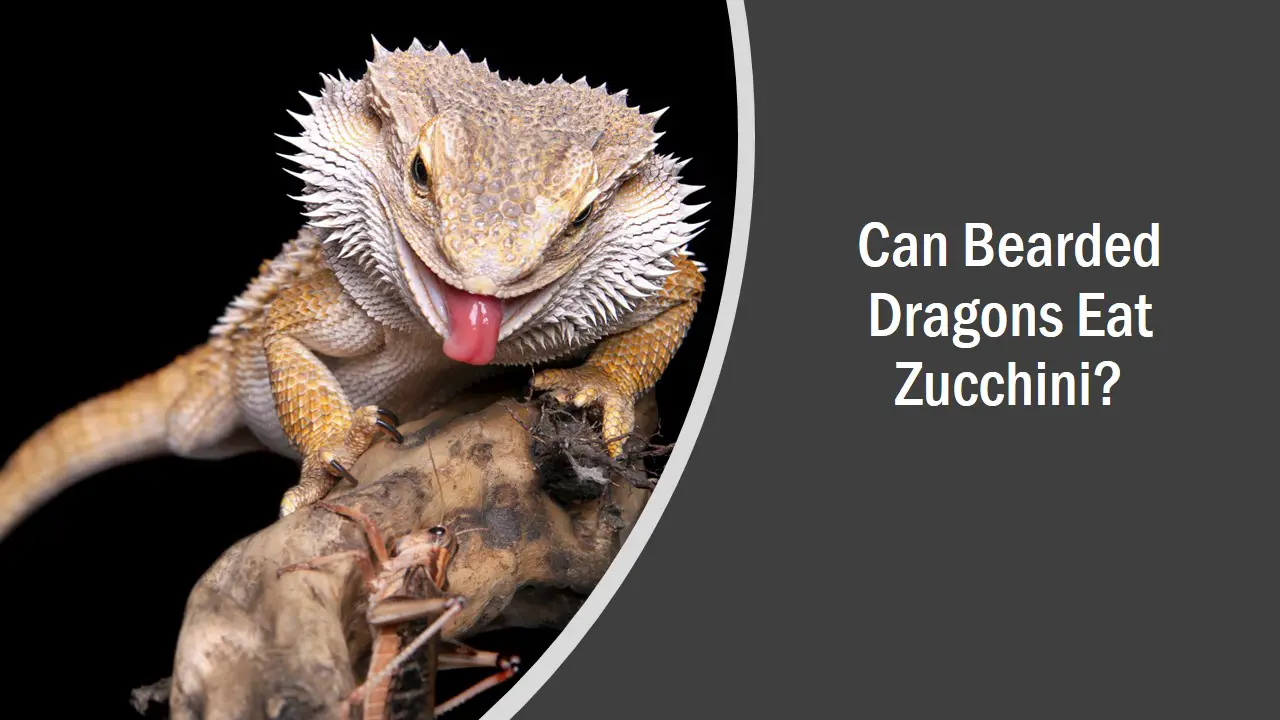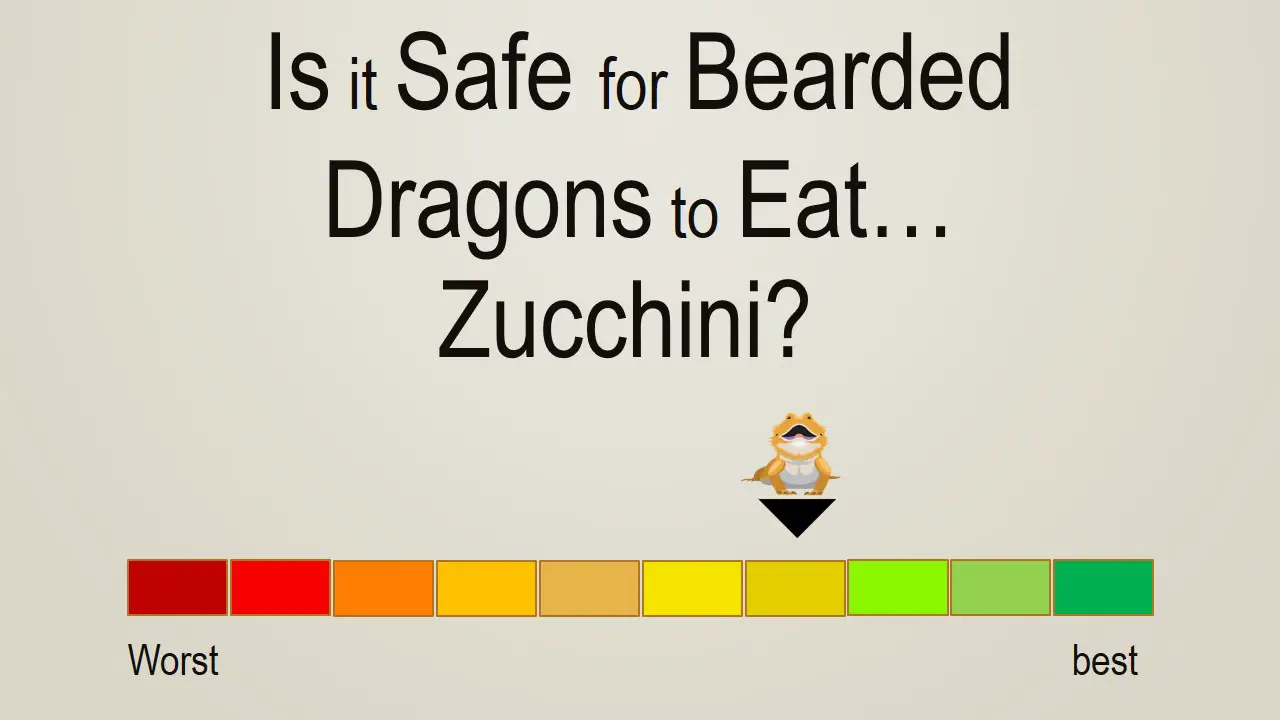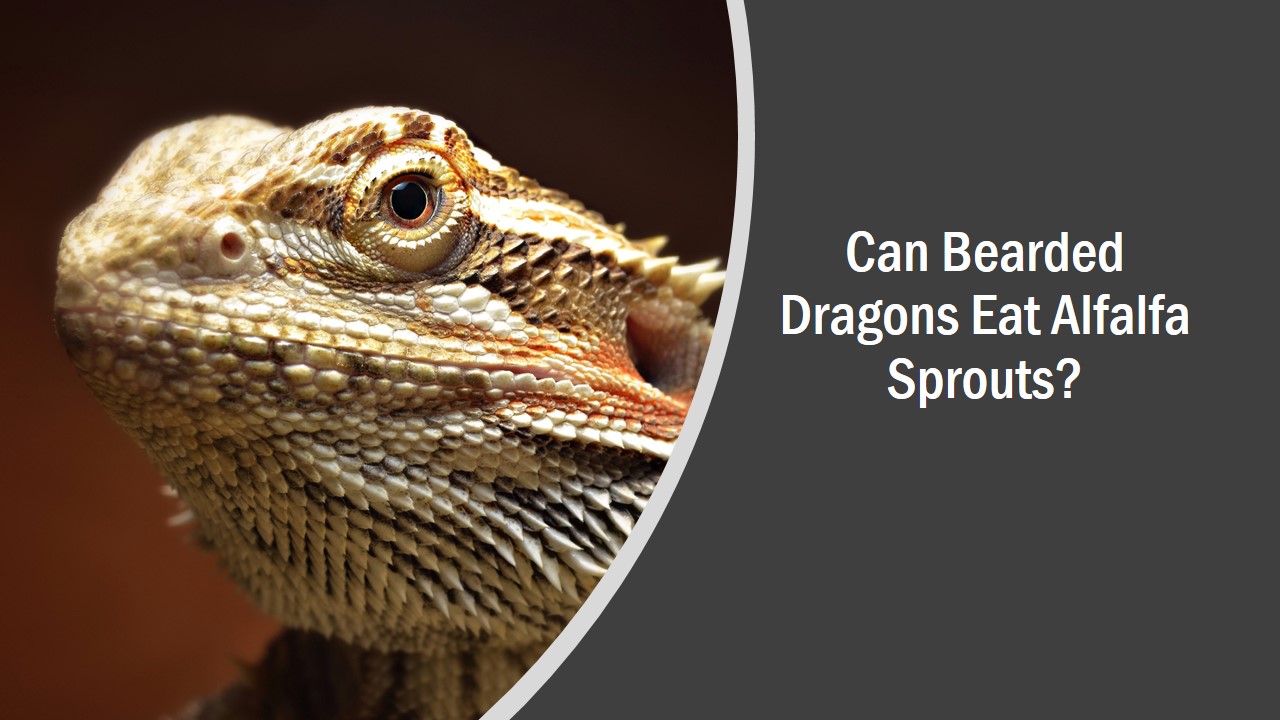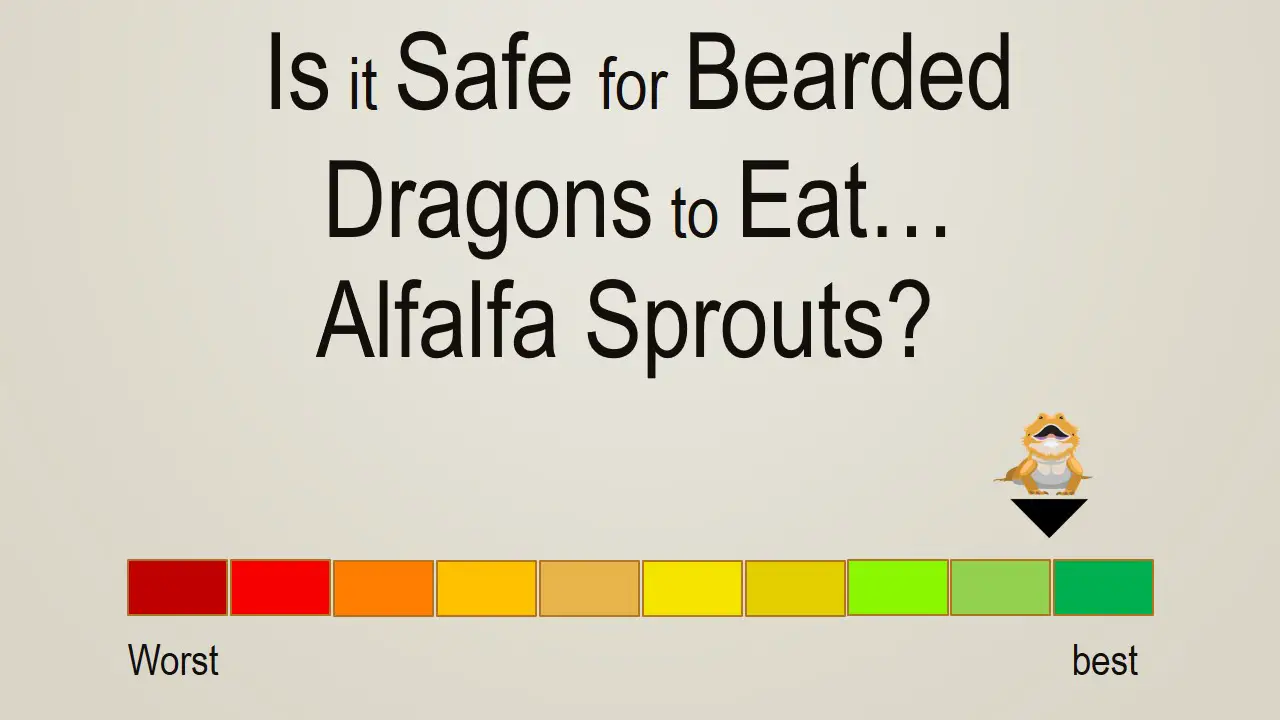Yes, you can feed your bearded dragon blueberries. Blueberries are actually one of the safer fruits for your bearded dragons to eat. You want to be careful what you feed your bearded dragon, but if you do give them blueberries it shouldn’t cause any problems.
However, too much of a good thing – even blueberries – can lead to trouble. Since we don’t know how much or how often an individual beardie may consume fruit, we cannot say that it’s ALWAYS okay to feed the occasional piece of fruit as a treat. We recommend using this as an occasional method of distracting your pet from boredom or upset stomach upset instead of making fruit part of their primary diet. Check out what fruits bearded dragons can eat?.
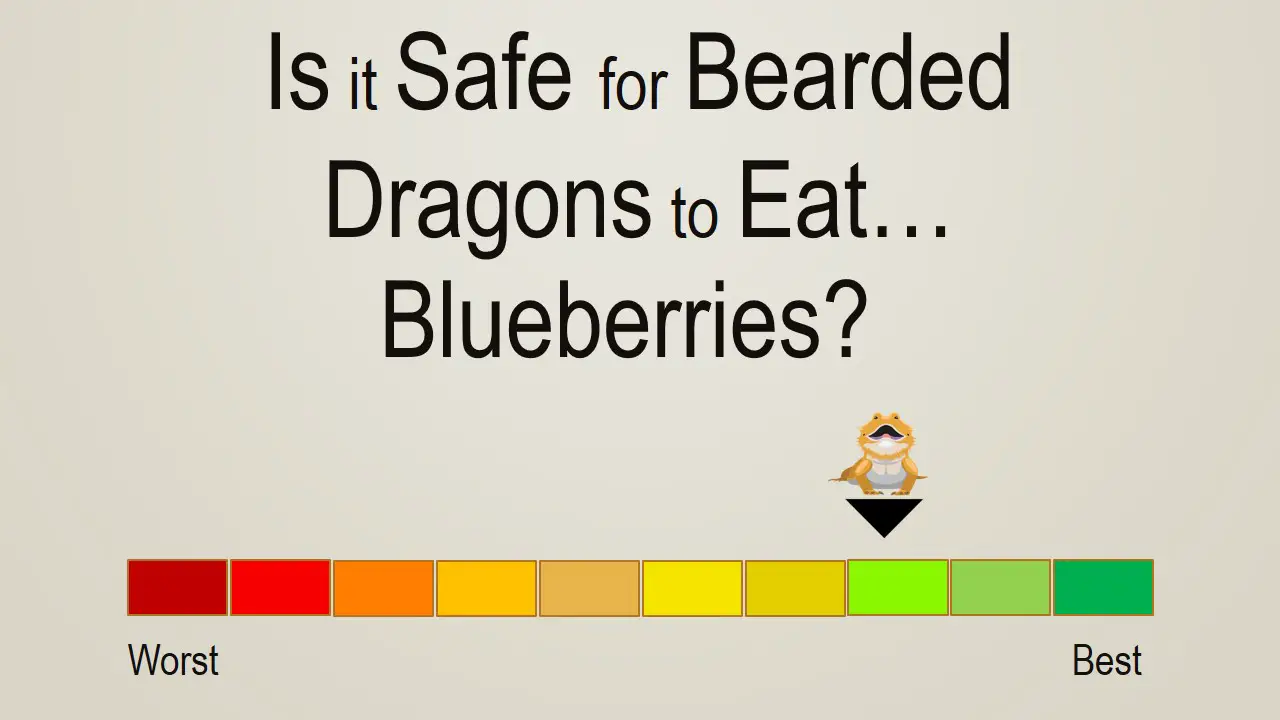
Valuable Nutrients in Blueberries
What your beardie can enjoy are the valuable nutrients in blueberries. Be careful not to overfeed them fruit, but adding a little bit of antioxidant-rich foods like blueberries into their diet may help them stay healthy and fight off illness longer. They’re full of:
- Vitamin C
- Manganese
- Fiber
- Potassium
- Vitamin K
What Are The Benefits of Feeding My Bearded Dragon Blueberries?
Blueberries can provide your pet with a number of nutrients and benefit them in the following ways:
If your bearded dragon’s diet is lacking certain nutrients, it may start showing some signs of malnutrition. When this happens it can affect their behavior and even lead to illness. Loading up on blueberries helps ensure that they’re getting plenty of:
Vitamin C: This will help keep their connective tissue, cartilage and bones strong and healthy. It also helps protect against infection and aids the absorption of iron from plant matter.
Fiber: If your dragon isn’t eating enough fiber-rich foods, they’ll become constipated or suffer from diarrhea as a result of too much bacteria in their digestive tract.
Manganese: This mineral helps with bone development and supports the metabolism of protein and carbs.
Potassium: Since potassium is an electrolyte it regulates your pet’s body by helping them maintain fluid balance, controlling nerve and muscle function and creating energy within cells.
Vitamin K: Blueberries aren’t the absolute best source of vitamin K, but eating them will still help your dragon get just enough to benefit their health in some small way.
What Are The Risks of Feeding My Bearded Dragon Blueberries?
As long as you keep your pet’s serving size manageable, they probably won’t have any problems with eating blueberries. The bigger risk is if you make them a part of their main diet.
You should never feed your bearded dragon more than ten percent of their daily calorie intake in fruit. If they eat too much fruit it can cause diarrhea, flatulence or bloating which can lead to other health problems over time.
Blueberries are actually one of the safer fruits for your dragon to eat because most beardies love them and they’re not likely to cause any serious allergic reactions aside from some gas or bowels that will most likely heal themselves.
Fruits for Bearded Dragons
Alternative Foods for Bearded Dragons
Since it’s not good to feed your pet mostly fruit, the alternative is usually feeding them vegetables or plant matter. Instead of filling up on one type of food that they really love – like blueberries – you need to provide a more balanced diet with a variety of foods so they get all of the nutrients they need.
Some safe options for fruits and vegetables include:
Cucumber: You can cut this into pieces and offer it as a healthy treat to help clean out their system if they’re getting constipated.
Pumpkin: This is another option that works well as an intestinal cleanser and offers plenty of fiber for beardies who are suffering from diarrhea.
Yogurt: Not only does yogurt help keep their digestive tract healthy, but it’s also packed with calcium and vitamin D.
There are many nutritious options you can choose from when providing your pet with snacks, but they absolutely cannot eat blueberries since that will only contribute to the problem.
Can Bearded Dragons Eat Blueberries? – The Conclusion
Yes, since blueberries are packed with nutrients that can positively affect the overall health of your bearded dragon they are a great food for your beardie. Like any food, it is never good to overfeed your beardie. Moderation is key.
If you really want to give your pet something sweet to snack on, just limit their portion size and monitor their behavior.
